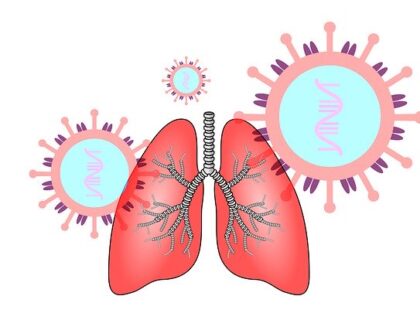Automatic Negative Thoughts and how they affect us

Repeating negative thoughts
is a risk factor for Alzheimers Disease and cognitive decline, and can be modified according to a new study from the UK. In the paper, the researchers showed that repeating or repetitive negative thoughts (RNT) leads to increased bio markers for risk of dementia and Alzheimers.
Tau and amyloid are two proteins that are found in the brain, usually soluble but can change to an insoluble form causing tangles that are seen in Alzheimers as well as Parkinsons diseases. The levels of these biomarkers goes up with the stress, and RNT’s!
A number of studies have linked depression and anxiety to increased risk of cognitive decline. This study links the types of thoughts that lead to increased cognitive decline due to any number of causes.
In the study, the participants answered a questionnaire that measures the amount of time spent on RNT and the frequency of time spent on these thoughts. They tracked the patients for four years and found that tau and amyloid levels goes up with higher levels of RNT. We know that RNT and negativity, looking at the down side of things, also increases the chances of depression and anxiety, but in the study, those without AD did not have increased Tau or amyloid neurofibrillary tangles but were still effected by frequency of these thoughts, just not thru tau and amyloid, which was not a surprise as the brain is very complex and can decline for any number of reasons. The author believes it has to do with vascular health and blood pressure and heart rate, all of which are effected by our thoughts, whether they are positive or negative.
Negative thoughts
have negative affects on the body and the brain that has been well documented. Positive thoughts impact positively the health of both body and brain, and negative thoughts also have consequences. Repeated cortisol release, the stress hormone, causes all sorts of problems as it is neurotoxic and leads to inflammation and neuro-plasticity is also adversely effected. Memory and learning of new tasks requires neuro-plasticity and maybe the reason why so many of my patients mention their poor memory. We need a way to be aware of our thoughts, what we are focusing on in any given moment, and to reduce our negative thinking and ruminations as much as possible.
So how is this done?
There is behavioral therapy which includes strategies to make the shift necessary to stay, in this case, more positive.
Behavioral therapy can be expensive and time consuming.
Somehow we must break the cycle of negative thoughts. Many, specially during these unprecedented times, have repeated negative thoughts from when they wake up. We can have obsessive thoughts about anything, such as dwelling far too long on a success or an accomplishment. Obsessive thoughts can be damaging as we have seen when they are negative. Furthermore, the more any thought or action is performed, the more it gets ingrained into us.
First thoughts of the day are about what is wrong, what went wrong, etc. When we start the day with negative thoughts or thoughts of worry, it sets the tone for the rest of the day.
One of my favorite coaches, Tony Robbins sums it up good: “…where focus goes, energy flows. What you focus on and your pattern of focus, shape your whole life.” So I ask you, where do you put your focus? Are you filled with gratitude (see related article, The Secret to Happiness), or are you obsessed by what you don’t currently have in your life? Gratitude will bring you peace and happiness, while focusing on what you don’t have will bring feelings of anger, frustration, and disappointment, and according to many different philosophies from different cultures, more of the same. So why not focus on the positive of any given moment, at least for the sake of sanity and better health.
Recommended Posts


Tinnitus can be effectively managed thru acupuncture and herbs
August 24, 2023


Are you suffering with long COVID?
February 11, 2022


